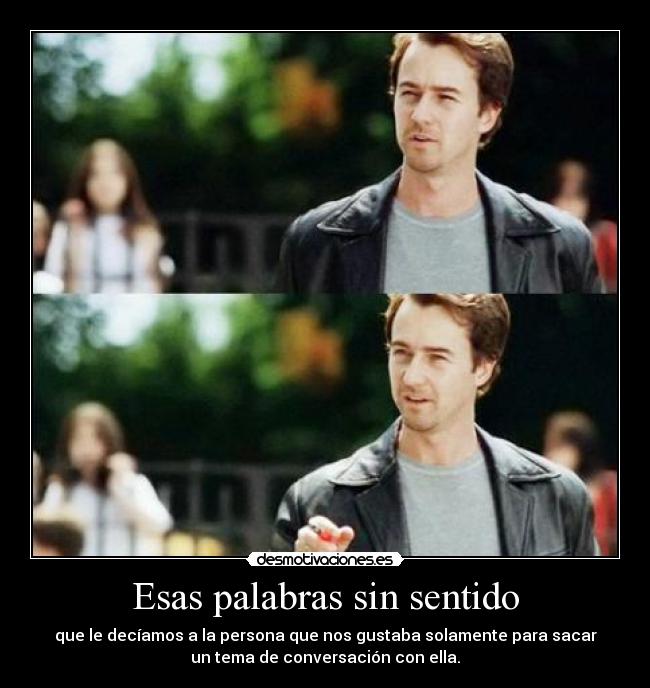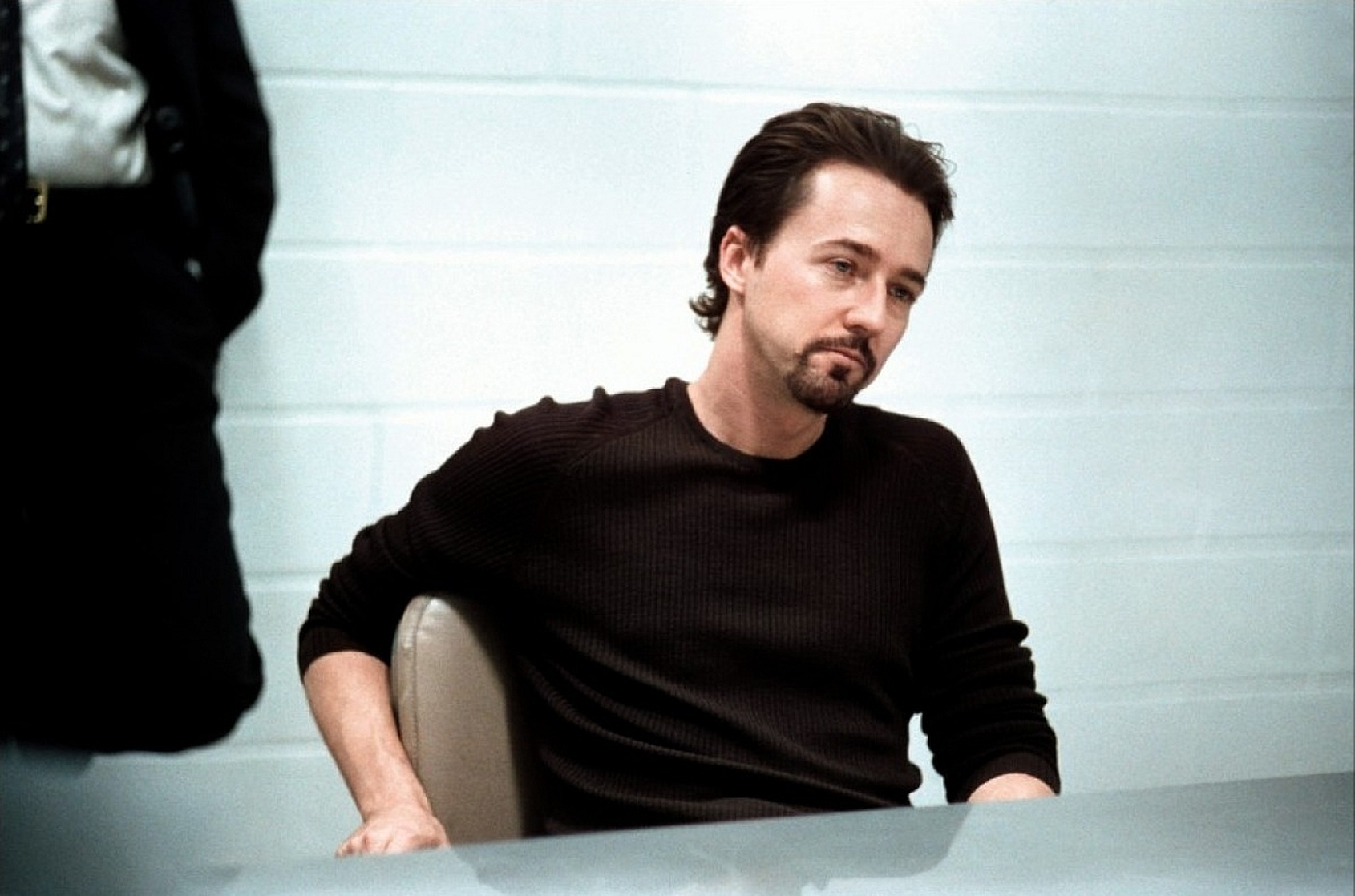

-screenshot.jpg)
I'm genuinely unsure if 25th Hour would prefer us to think about his personal crisis as a metaphor for rebuilding New York, or if it's the other way around 15 years after the attacks, it's the character material that remains fresher and more immediately accessible, but the film also has a way of evoking the spirit of culture in those days in a way that e.g. The plot is primarily about wondering what the hell happens next: Monty is stuck in the knowledge that he can no longer fix what happened in the past, and doomed to wonder how he's going to survive the future. The result is a film profoundly suffused with an aura of loss, and it seems awfully clear that this aura was what drew Lee to the material in the first place. Frank's fancy condominium, where he and Jacob have a mordant conversation about their lives moving irrevocably away from Monty's, overlooks the ruins of the WTC site, and Lee hangs on it behind their conversation in an endurance-length single static shot. It's as direct an evocation of the idea of "the ghosts of the WTC" as it would be possible to stage, and that memory hangs heavily over the rest of the film, despite its irrelevance to the plot as such (David Benioff's novel was published before the attacks, and Benioff's screenplay does not incorporate much new material).
EDWARD NORTON 25TH HOUR SERIES
The opening credits, after a prologue in which Woody encounters a beaten-up dog and decides to adopt it, are against a series of shots of the New York skyline at night, with the "Tribute in Light" installation, beams of light placed in the position of the fallen towers rising into the infinity of the night sky, prominently featured in every composition. The film's elegiac tone is amplified and paralleled by Lee's deep-set focus on the uncertain state of New York City in the months after the World Trade Center was destroyed in a terrorist attack. The result feels like a living wake, as Frank and Jacob, each hung up on their own problems (Frank is feeling his wings have been clipped a little bit by his boss, Jacob is trying to crush down sexual feelings for his brightest student, 17-year-old Mary D'Annunzio, played by Anna Paquin), start deliberately placing up psychological walls between themselves and their doomed friend, mournfully talking about the old days with a melancholic tone and just to add some nastiness, Frank puts a voice behind Monty's unspoken concern that Naturelle might have been responsible for selling him out to the DEA. For his last day, he wants his two best friends, Wall Street hotshot Frank Slaughtery (Barry Pepper), and high school teacher Jacob Elinsky (Philip Seymour Hoffman), to party with him and his girlfriend Naturelle Riviera (Rosario Dawson). Monty Brogan (Edward Norton), 31 years old, has around 25 hours left to wander around his beloved hometown of New York, at the end of which he must report for the start of a 7-year prison sentence for possession with intent to distribute drugs. It has, if nothing else, a real barnburner of a hook. Certainly, it doesn't keep 25th Hour from being one of the most exemplary pieces of filmmaking in Lee's estimable, if singularly inconsistent career. It doesn't matter, I suppose just one of those peculiarities that comes along every now and then. And I find that very odd not that 25th Hour suffers from being about a white man, but nor would it suffer, and it would maybe gain a little bit more bite, from being re-written to be about an African-American man. It's also his second of only three of his films with a white protagonist (the others are 1999's Summer of Sam and the 2013 remake of Oldboy I won't tell you that you're wrong if you want to include Inside Man, but I won't tell you that you're right, either) and the only one of those three that's any good at all. A review requested by Will Beckley, with thanks for donating to the Second Quinquennial Antagony & Ecstasy ACS Fundraiser.Ģ5th Hour is a great curiosity in Spike Lee's filmography: it feels, to watch it, like an extremely important and personal film to him, in which the director is unloading all his anxiety and anger and fear and God knows what from 9/11 - and how right it is that the most New York of all American film directors * would have made the most nerve-jangled of all post-9/11 films, without 9/11 showing up as a plot point, but we'll get to that - and doing it through some of the most minutely realised, naturalistic characters anywhere in his filmmography.


 0 kommentar(er)
0 kommentar(er)
